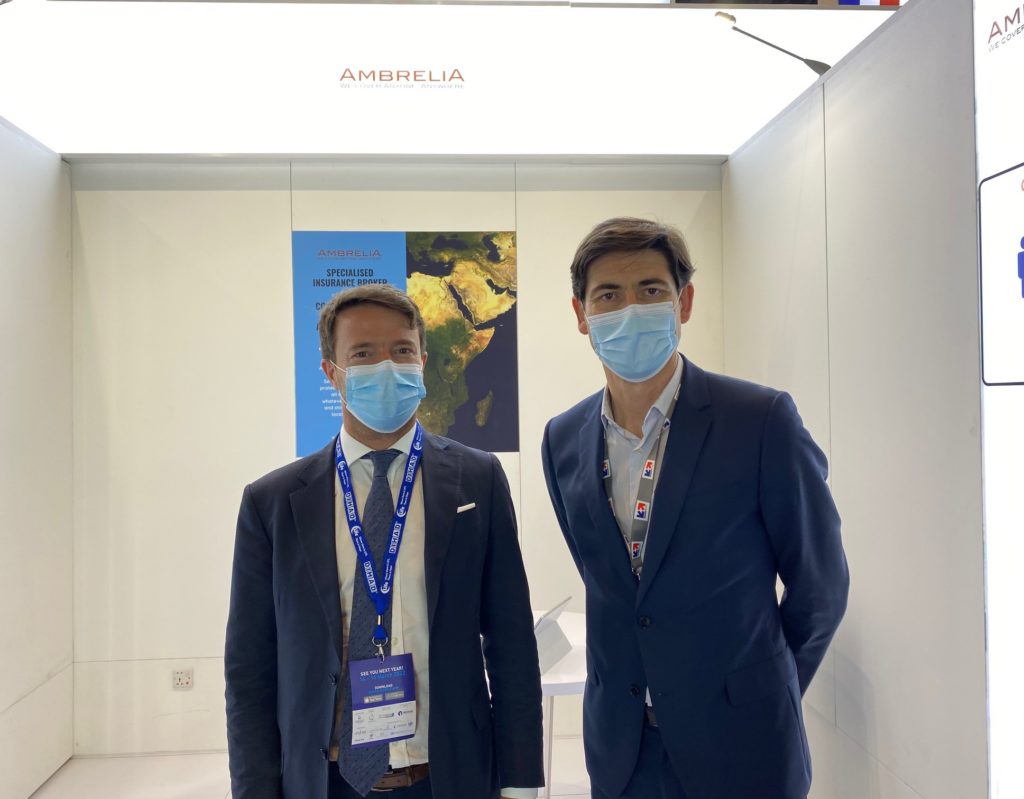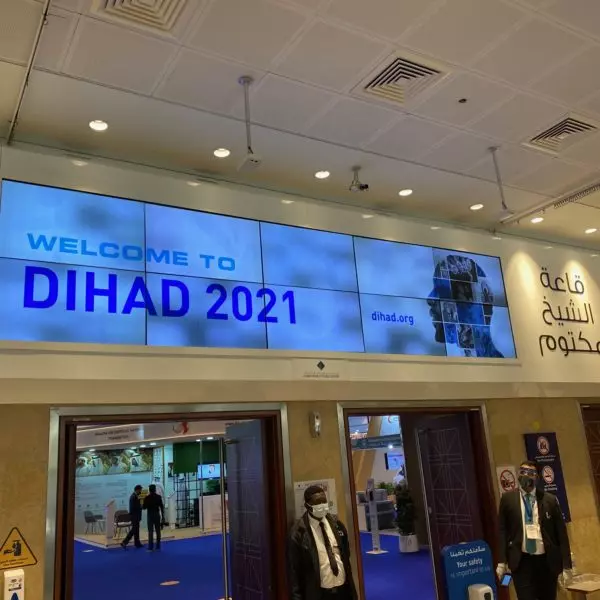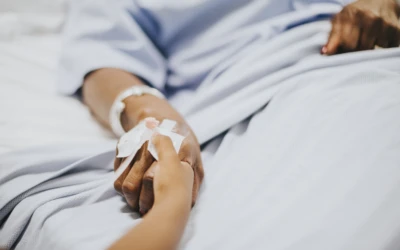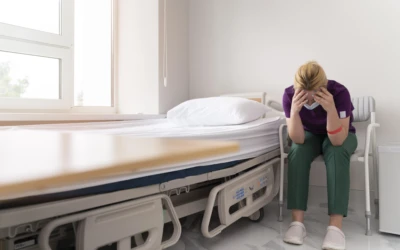The most effective ways to help countries in need were discussed in Dubai last week.
Charities, decision-makers, NGOs and institutions came together at the 17th DIHAD, Dubai International Humanitarian Aid and Development Conference, to discuss the most effective strategies for delivering humanitarian and health aid in Africa. 5,300 participants, 640 public and private organisation, more than 84 participating countries, 48 speakers from renowned humanitarian organisations attended the three days of debates and workshops.
This year Sheikh Mohamed bin Zayed Al Nahyan, Crown Prince of Abu Dhabi and Deputy Supreme Leader of the UAE Armed Forces, was awarded the ‘2021 DIHAD International Personality Award for Humanitarian Relief’. The motivation for the award is the continuous support given to the humanitarian aid organisation at international level, with particular emphasis on the efforts made to combat the coronavirus, including through initiatives such as Waterfalls, which aims to ensure the circulation of information and training for millions of doctors and paramedics. The award was collected by Sheikh Saif bin Zayed Al Nahyan, Deputy Prime Minister and Minister of the Interior.
International Cooperation
International cooperation is the basis for interventions capable of bringing real benefit to the needy populations of the African continent. Isolated actions cannot be decisive. In order to be effective, a concerted, well-structured effort is needed, with the public and private sectors working side by side, as Giuseppe Saba, CEO of the International Humanitarian City (IHC) in Dubai, explains. “We have to be very clear: working together is not an option, it is an obligation. In my previous position at the United Nations and now working for the government of Dubai, in an exceptional position for a foreigner, there are undoubtedly two elements that are essential: working together and incorporating the private sector into the humanitarian work”. Let’s see together through the experts and humanitarian managers of some African countries what indications have emerged to face the challenges of the future, from the coronavirus to vaccinations, from climate change to pre-existing emergencies to the pandemic in Africa. Public and private together for the common good”
Institutions worldwide have been confronted with an unprecedented emergency. What impact this has had on the humanitarian sector is evident in the support work of the IHC, the humanitarian emergency hub established in 2003 by Sheikh Mohamed Bin Rashid Al Maktoum, Vice President and Prime Minister of the Emirates and Ruler of Dubai. “What I have experienced in the last 12 months is that I have seen the private sector come to me and ask me how we can work together, how we can help each other,” says Giuseppe Saba, CEO of International Humanitarian City (IHC). But the pandemic has also created additional new challenges, such as transporting coronavirus vaccines, which presents logistical and practical difficulties.
AMBRELIA thanks to all visitors on his booth during these 3 days of DIHAD 2021 and especially M. Xavier Chatel, french Ambassador in the UAE.

Please to see you next year at DIHAD 2022 !




